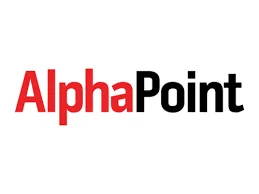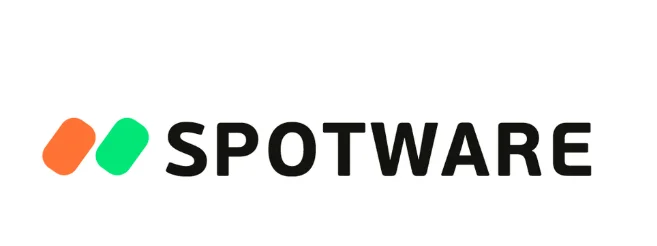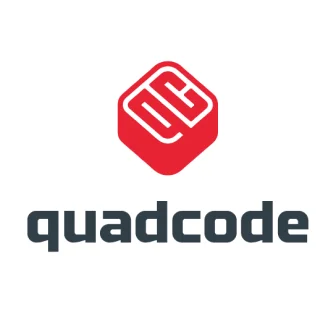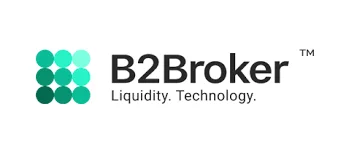AlphaPoint
AlphaPoint is a global fintech infrastructure provider specializing in digital asset exchange technology, tokenization platforms, and crypto brokerage solutions. Founded in 2013, AlphaPoint enables financial institutions, startups, and enterprises to launch and scale digital asset services. Its technology stack support…
Why it’s #1
- Early mover advantage: Operating since 2013 with a proven track record.
- Comprehensive product suite: From exchanges to tokenization and payments.
- Global adoption: Active in multiple regions with localized deployments.
- Scalability: Built to handle institutional trading volumes.
Keep in mind
- Enterprise focus: Less suited for small startups with limited budgets.
- Complex deployment: Requires technical expertise and regulatory alignment.
- Competition: Faces strong rivals in the digital asset infrastructure space (e.g., Fireblocks, B2Broker).
- Closed ecosystem: Less flexibility compared to open-source blockchain frameworks.






